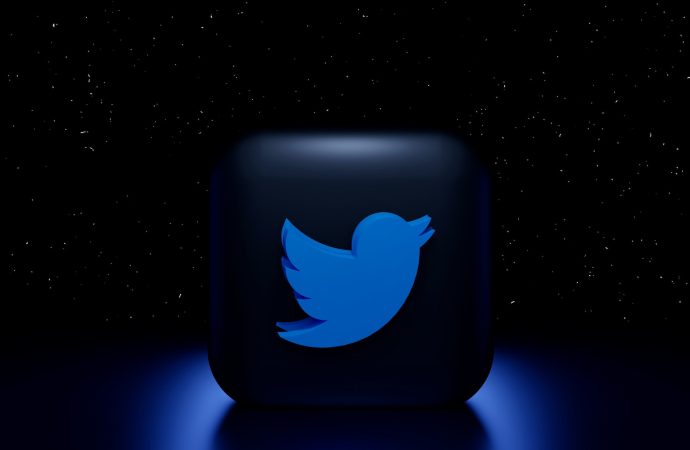Introduction: Twitter plea rejected and the Upholding of Controversial Blocking Orders In a recent court ruling, Twitter plea rejected against controversial blocking orders in India was rejected. This decision has significant implications for the social media giant and raises concerns about freedom of speech and the role of social media platforms in the country. Background:
Introduction: Twitter plea rejected and the Upholding of Controversial Blocking Orders
In a recent court ruling, Twitter plea rejected against controversial blocking orders in India was rejected. This decision has significant implications for the social media giant and raises concerns about freedom of speech and the role of social media platforms in the country.
Background: Understanding the Legal Battle between Twitter and India
The legal battle between Twitter and India has been ongoing for months. It began when the Indian government issued orders to block certain accounts and content on the platform, citing national security and public order concerns. Twitter, on its part, resisted some of these orders, arguing that they infringed upon free speech rights and were inconsistent with their global policies.

Photo by BoliviaInteligente on Unsplash
Twitter plea rejected: Examining the Decision to Uphold Blocking Orders
The recent court ruling upheld the controversial blocking orders despite Twitter’s plea. The court, in its judgment, considered the government’s arguments regarding national security and public order, concluding that the blocking orders were necessary to maintain law and order in the country. This decision not only highlights the challenges faced by social media platforms in balancing free speech and government regulations but also raises questions about the legal framework surrounding such issues.
Implications and Concerns: Assessing the Impact on Freedom of Speech and Social Media Platforms
The decision to uphold the blocking orders has sparked concerns about the potential impact on freedom of speech in India. Critics argue that such actions could lead to censorship and limit the ability of individuals to express their opinions and engage in public discourse. It also raises questions about the responsibility and power of social media platforms in moderating content and complying with government orders.
Furthermore, this ruling could set a precedent for other countries grappling with similar issues. Governments around the world have been increasingly pressuring social media platforms to regulate content and comply with local laws. The outcome of this case could embolden other nations to impose stricter regulations on these platforms, potentially further challenging the delicate balance between free speech and governmental control.
In conclusion,
the rejection of Twitter’s plea and the upholding of controversial blocking orders by the Indian court have far-reaching implications. The case highlights the complex dynamics between social media platforms, governments, and freedom of speech. It remains to be seen how this ruling will shape the future of online discourse and the role of social media in democratic societies.

















Leave a Comment
Your email address will not be published. Required fields are marked with *